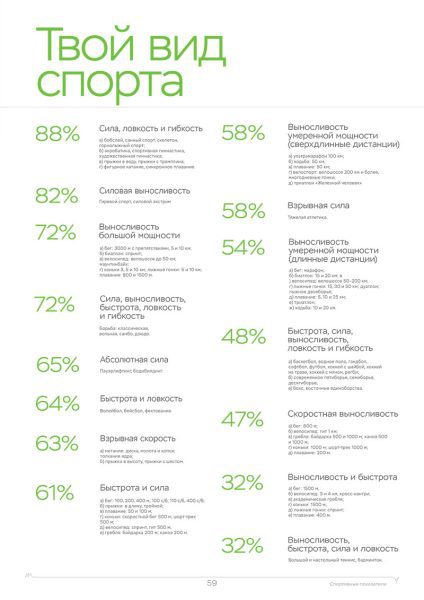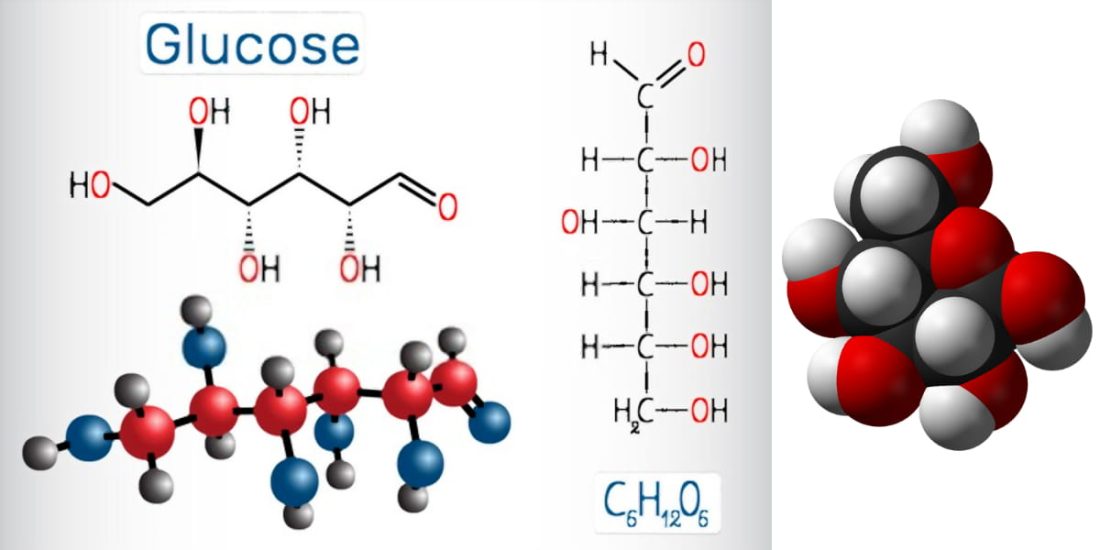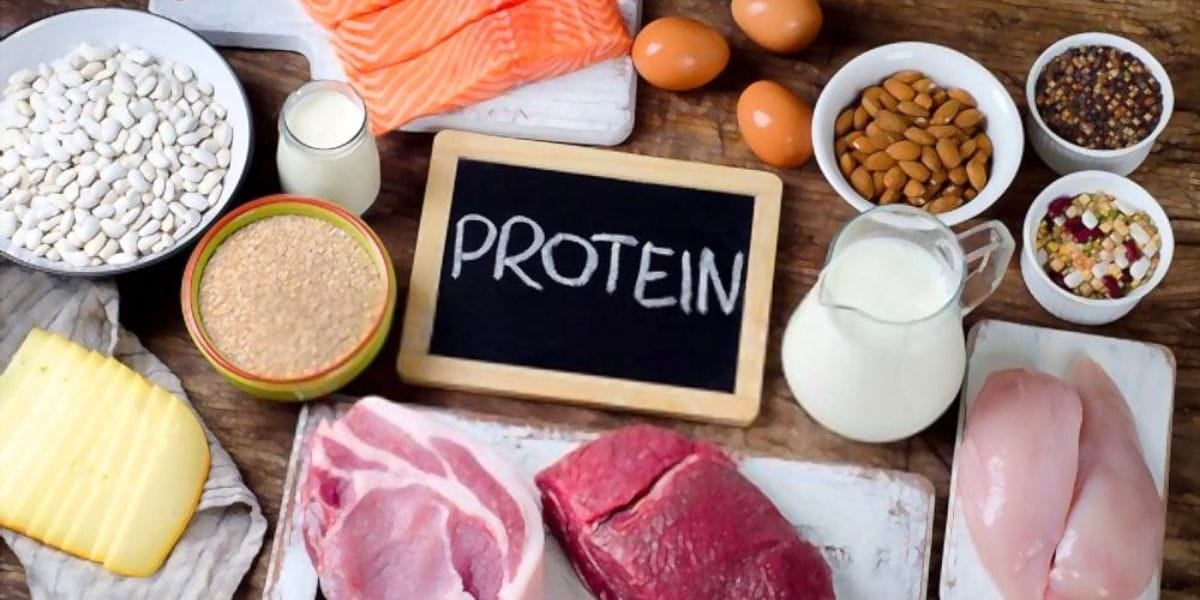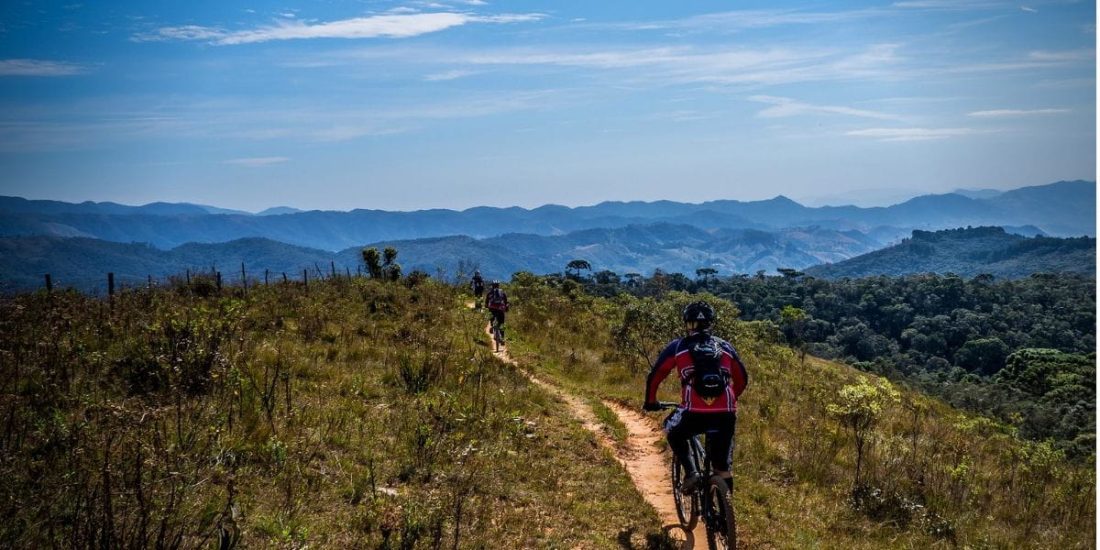
What is the diet for mountain bikers?
Qfood for mountain bikers?
Nutrition is an important aspect of any high performing sport, but even for the "casual" athlete, diet (ie what and when to eat) can have a big impact on performance and enjoyment.
On a mountain bike, it can be about the feeling of comfort during the ride and the speed of recovery after the ride.
Since there are different approaches to mountain biking (casual hiker, bikepacker, or competitor), each requires a specific diet.
Here are some nutritional tips to help you fish on any trip.
Your carbohydrate intake
Carbohydrates, or more specifically glycogen, in muscle provide the most important and readily available source of energy during exercise.
Therefore, their stocks are easily stacked and unloaded.
Carbohydrates fall into two main categories:
Simple carbohydrates: Simple carbohydrates are mainly made up of sugar (glucose) found in fruits.
Complex carbohydrates: Complex carbohydrates, on the other hand, include starches such as root vegetables, grains, bread, pasta, rice, etc.

For any extended low-intensity activity, make sure you have enough carbs to ride longer before you tire. Especially on long trips, when you drive for 2 hours or more, it can be beneficial to consume drinks or carbohydrate sources that are easily absorbed by the body. For example, drinks containing maltodextrin or sucrose, or even cereal bars.
For long and intense workouts, loading carbs ahead of time will help you maintain higher energy levels throughout the day. To get high glycogen stores on D-Day, it will be necessary to establish an adequate diet 48 hours in advance.
For shorter trips (less than an hour), this is not so important. You are not using a lot of stored carbohydrates in your muscles, and you can usually use the already accumulated reserves.
Be careful not to eat most of the carbohydrates right before you leave, as this can lead to decreased energy release during the trip, as your metabolism will be more focused on digesting food.
Proteins

They are the building blocks of the muscles in the body. To maintain good muscle mass, you need to consume enough protein.
It is found, inter alia, in eggs, meat, milk, cheese, fish, as well as soybeans, spirulina, lentils, etc.
For backpackers and bikepackers at this level, there is no need for supplements. A balanced diet containing protein-rich foods will be more than enough to make the necessary contribution to support your efforts and to help repair all types of exercise-related micro-muscle damage.
For XC athletes, protein supplementation is also not required. To achieve an optimal weight-to-strength ratio for climbing, these athletes typically have relatively low muscle mass and fat mass.
On the other hand, downhill (DH) or enduro bikers need to develop intense power for short periods of time, during training and during downhill runs. Therefore, their muscle mass is often greater than that of other mountain bikers. Therefore, they may benefit from using supplements such as whey.
Finally, know that if your protein intake is dependent on your practice and period (training / competition), the ability to distribute your protein intake throughout the day is more important than your total protein intake.
Whey protein is derived from cow's milk and is an interesting protein source for athletes. It is distinguished mainly by its high biological value, high amino acid content, as well as a very fast rate of absorption and assimilation. Whey protein or whey protein is a protein with high nutritional value as it contains all 9 essential amino acids as well as BCAAs (branched amino acids). Due to the manufacturing process, it is low in fat, carbohydrates, lactose and therefore calories.
Lipitor
Contrary to popular belief that fat is the enemy, everyone, and especially athletes, need fat in their diet.
Moreover, the diet could not be balanced if it did not take into account the portion of lipids.
It is an essential component in all cells of the body, which, in addition to providing an energy source, is also used for the production of certain substances in the body (for example, hormones).
However, be careful not to overdo it and go for "good sources" of fat like avocado, coconut oil, salmon, etc.

Water
Water is used in almost all metabolic processes in the body. It is very important to take a sufficient amount before, during and after walking, especially in hot weather and when you sweat, you lose a lot of water.
Dehydration can actually lead to decreased performance and even cause discomfort such as heatstroke.
Taking a sports drink that contains salt and electrolytes can speed up rehydration and the absorption of water by your cells.
Synthetic
Here are some core values that any mountain biker must adhere to:
- Eat a variety of foods
- Balance food intake and physical activity to maintain ideal body weight
- Choose a diet rich in vegetables, fruits, and grains.
- Choose a diet low in trans fat, saturated fat, and cholesterol.
- Moderate your sugar, salt and sodium intake
- Limit alcohol consumption as much as possible